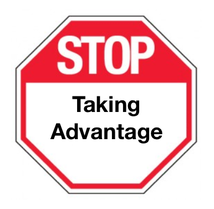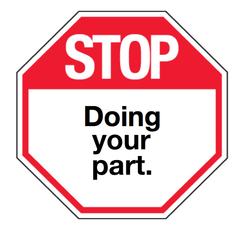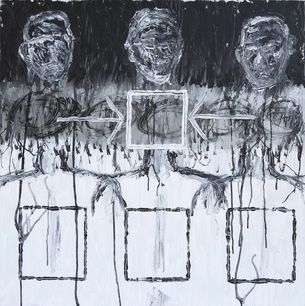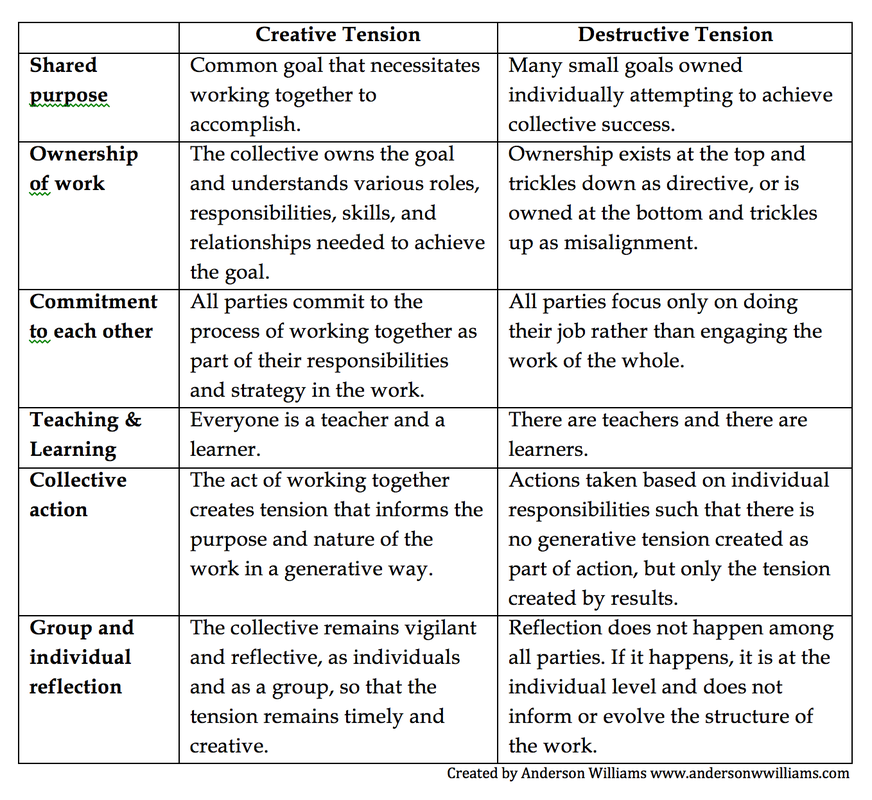 In my last blog "Stop doing your part", I focused on building a do-what-it takes team. But, consider this the appended warning to that blog: you can’t just ask people to do what it takes as an excuse for not investing sufficiently in your strategy or improving your own leadership. So, as much as we want the do-what-it-takes attitude and we understand and celebrate the successes that such an attitude can generate, we need to check ourselves to make sure we aren’t burning people out. Just because one of our people can step up and do extraordinary work in a difficult situation doesn’t mean we should allow that situation to persist - or chronically resurface. Their extraordinary work should not become the ordinary expectation. Extraordinary individual effort is no more sustainable for driving successful teams over time than the do-my-part mentality that I discussed in the last blog. It leads to burnout and pushes our do-what-it-takes people to feel they are just being taken advantage of. It doesn’t take long for people to realize when they get recognized for doing great work simply by getting more work. So, we must think critically about why we find ourselves in situations that require extraordinary effort from our people. Is it strategy? Resourcing? Skills/team/work mismatches? Unreasonable expectations? Or, is our leadership perhaps fomenting unnecessarily harried working conditions? It is probably some of all of these as they tend to be interrelated. So, let’s celebrate our people for doing what it takes but build teams and organizations that aren’t always pushing them to the limit.
2 Comments
 And start doing what it takes. Teams are complex social systems with emergent dynamics among members and emergent contexts in which they operate. This is true of small teams and only more so as teams grow. If people merely do their part, they are actually complicating things, forming a complicated system; and complicated systems are to complex work what the assembly line is to internet security. In dynamic and growth-oriented work environments, your “part” is always emerging, so as soon as you start just doing it then you probably aren’t fully doing it anymore. While you may be a high performer and may be surrounded by high performers, no mere collection of individual contributors will ever manifest in a sustainable, high-performing team doing complex work. A set of powerful parts will not inevitably make a powerful whole. In fact, the opposite is more likely true: the more powerful and simultaneously partitioned the individual contributors the less likely you are to build a powerful team that bridges them. The strength of the individual contributor mindset is too strong; the rationalization of the do-my-part mentality feeds itself and invites others to just do their part as well. As a result, as do-my-part teams grow, they become increasingly less adaptive and less effective in responding to the emergent dynamics within and around them. So, how do we build more complex teams and avoid complicated ones? How do we inspire more people to do what it takes? Hire for where you are going, not just where you are. We often think about hiring for “fit” with our team and/or organization. While this may seem to make sense in the immediate term, we should understand that “fit” is a temporary construct that belies the change inherent in a growth strategy. So, fit today could easily not fit the future. Consequently, we should hire and invest in people who will help us deliver and define an emergent future. We need team players and learners who will not just do the work but will help create and define it. Communicate the vision. If our people at all levels are going to do what it takes to define our collective future, they must be organized around and feel a sense of ownership of some collective vision. They should also understand (and it should be true) that they are helping define how that vision evolves as the team and market context also evolve. Team leaders need to communicate and actively invite input on the vision not merely to try to get our people aligned around it but to more quickly identify the people who don’t, and perhaps won’t ever, own it. Promote creative tension. I have written about creative tension in both of my books as I continue to try and flesh out my thinking on team power dynamics. For this blog, I’ll just share below the core components of relational tension and illustrate how they differ in environments of creative versus destructive tension.  We live in a culture of more-more-more. As a result, we often think we have to do more to be more, that our personal and professional development amount to an accumulation of experiences. The passive presumption, then, is that that experiences naturally bear the fruits of knowledge, or better yet, wisdom. But, busyness breeds neither knowledge nor wisdom, and “activity without learning is merely a happening” (Myles Horton). Further, busyness can be isolating – even as we are working with others and serving on boards and are always around people, our relationships can become increasingly shallow. We are doing more and relating less. So, if you are looking to get more meaning out of what you do, here is my first challenge: stop focusing on how much you do, and try and figure out how much you’ve learned. Here is my second: find ways to share what you have learned so that what you do matters to the world. Here are a few ways that I invest in figuring out what I have learned from my experiences, what I am continuing to learn from them, and how I can share some of that with others:
We can’t always do more, and doing more isn’t always a good idea. In fact, the cult of doing more often obscures the process of learning, which of course, limits the possibility of teaching. Alternately, if we would all focus our energies on learning and then teaching from what we do, we could all do a lot more with our lives. |
Categories
All
Archives
April 2024
|

 RSS Feed
RSS Feed